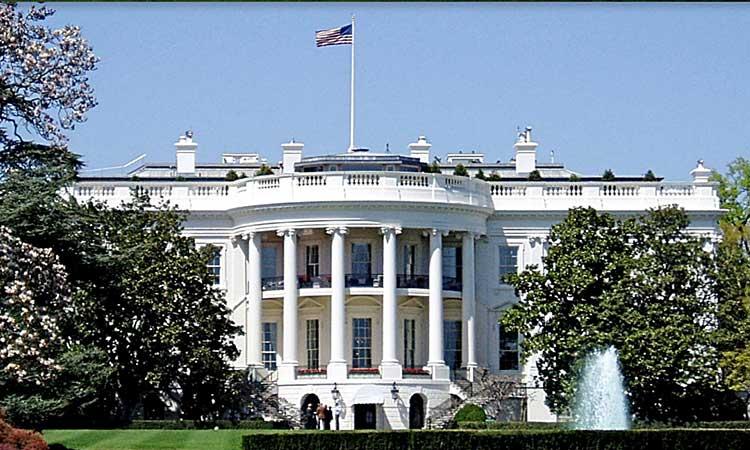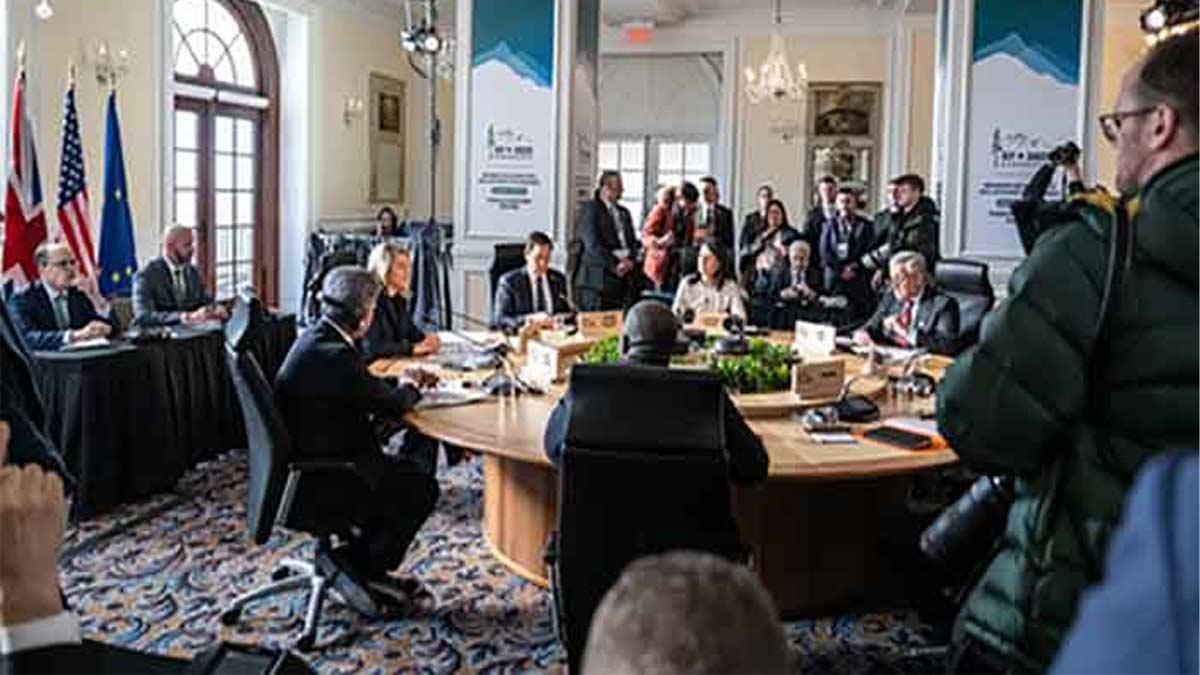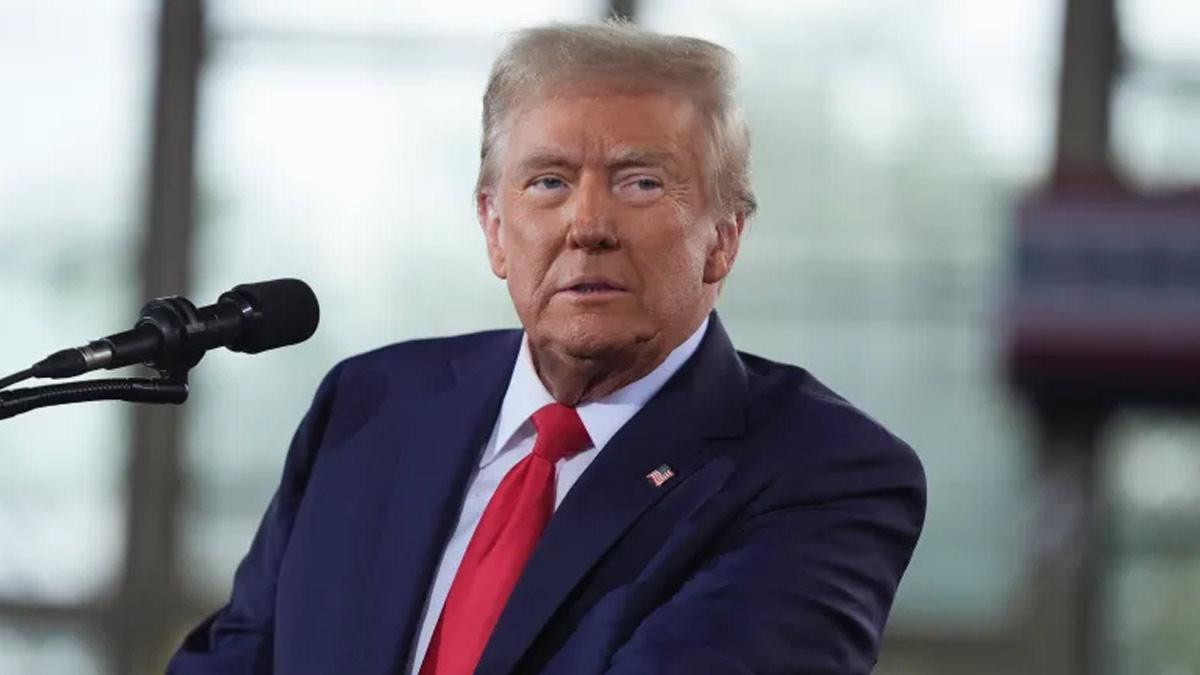The US Supreme Court has unveiled its inaugural set of ethics regulations outlining the expected conduct, duties, and behavior of its nine justices, extending to both judicial and non-judicial activities, as well as financial engagements.
Earlier this year, the Supreme Court, considered the most influential legal body in the nation, issued a "statement on ethics principles and practices." However, the recent release of a more detailed nine-page "code of conduct" on Monday reflects a deeper commitment to ethical guidelines, according to the BBC.
This development comes in the wake of heightened scrutiny on the Supreme Court, triggered by recent media reports detailing lavish gifts and holiday arrangements bestowed upon some of its justices.
While lower federal court judges have adhered to an ethical code since 1973, this marks the first instance of the highest court in the country establishing its own set of rules.
In an introductory paragraph to the guidance, the justices acknowledged their historical adherence to unwritten ethical norms derived from various sources, including the code applicable to lower courts. The absence of explicit rules, however, led to a "misunderstanding" that justices considered themselves unrestricted by any ethical guidelines.
It is noteworthy that the code lacks an enforcement mechanism. Justices are left to voluntarily embrace its "rules and principles," signifying a reliance on individual commitment to ethical standards.
Under the rules, justices are advised to consider whether speaking at an outside event "would create an appearance of impropriety in the minds of reasonable members of the public", the BBC reported.
Additionally, the newly introduced code emphasizes that participating in most academic, legal, religious, or cultural associations does not pose a significant problem. However, it explicitly states that events associated with political parties or campaigns would be a cause for concern.
Moreover, the court has outlined specific circumstances under which justices should recuse themselves from involvement in a case. This inclusion in the code serves to provide clarity on situations where a justice's impartiality may be compromised, reinforcing the commitment to maintaining ethical standards within the highest judicial body in the United States.
(With Agency Inputs)
ALSO READ | US: Secret Service Fires to Thwart Car Break-In Targeting Presiden Biden's Granddaughter
ALSO READ | US President Joe Biden Brushes Off Polls Indicating Trump Lead


















